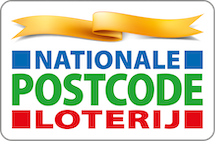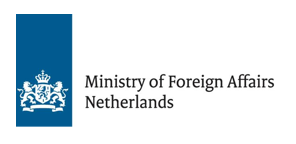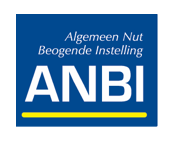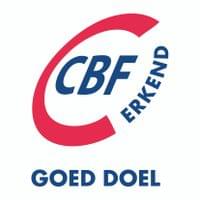Recipients of Cultural and Artistic Responses to Environmental Change
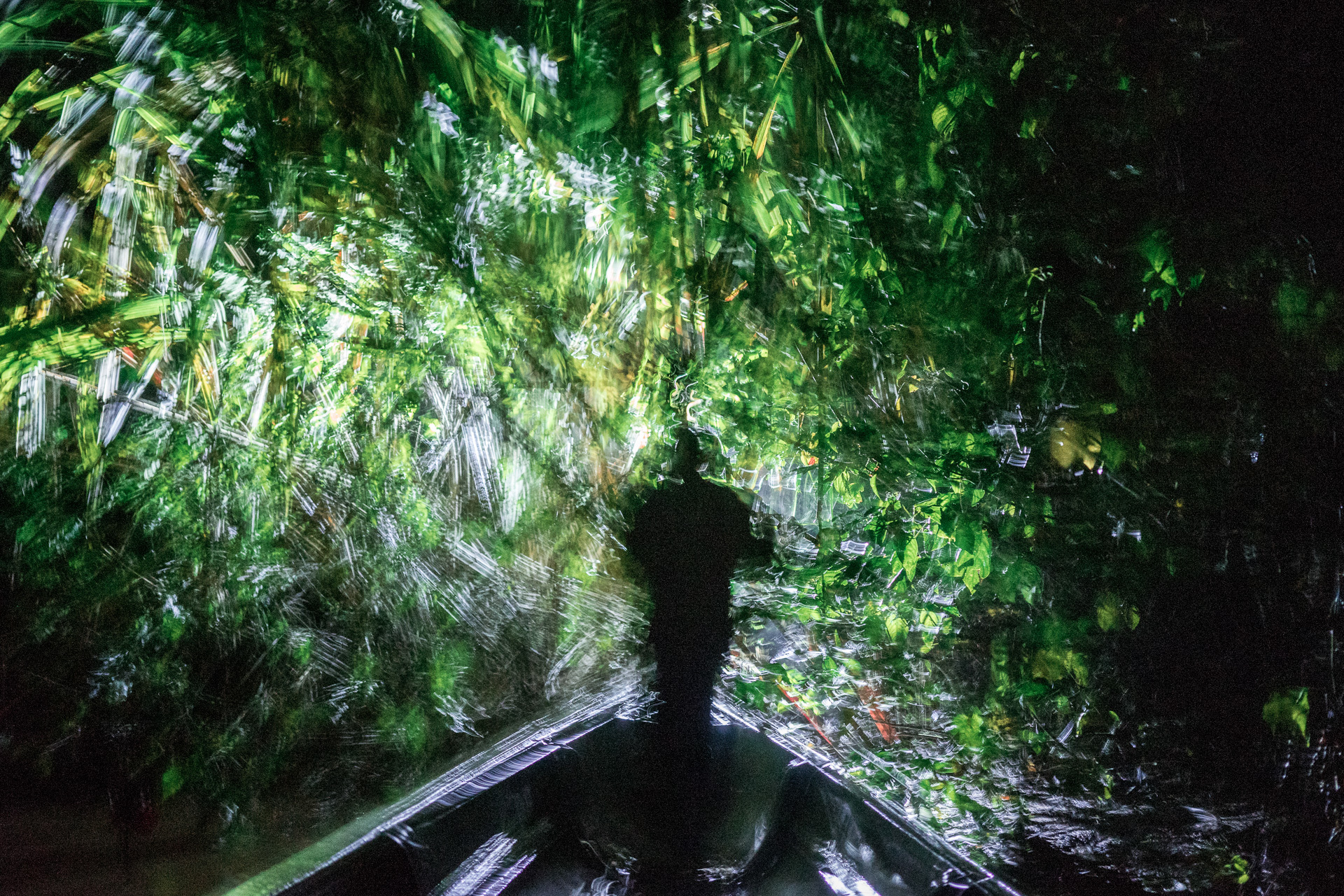
Alarming changes in nature and our environment are all around us: forests and wildlife are disappearing; air and oceans are increasingly polluted; sea levels are rising; and the frequency of extreme weather phenomena is increasing; additionally, the outbreak of a world-wide pandemic is awake-up call. Cultural practitioners, artists, architects and designers in many parts of the world are initiating projects, exchanging ideas and rethinking responses to environmental change, while actively engaging their communities. Now, more than ever, we need the arts and culture to help us respond; to inspire and motivate us by offering new ideas that challenge our perceptions and change our habits by introducing radical and trans-disciplinary perspectives and envisioning models of climate justice in the world.
In June 2020 the Goethe-Institut and Prince Claus Fund issued a Call for Proposals to support cultural and artistic initiatives tackling pressing environmental issues around the world. The Call for Proposals: Cultural and Artistic Responses to Environmental Change was the third of this cycle and built on the 2018 & 2019 editions, through which 35 exceptional projects were supported. In this 2020 edition 19 applications have been selected for support with a grant of up to €20.000 to develop and realise their projects in the coming year.
The 19 projects from Africa, Latin America, Asia, and the Caribbean were selected by a committee from both institutions. The committee focused on innovative multi-disciplinary cultural initiatives by individual artists, creative professionals as well as cultural organisations; especially initiatives that express how the arts and new media can propose solutions to environmental issues and create alternatives that support sustainability and climate justice, foster cooperation and an exchange of new ideas globally. Extra attention was given to projects by and for indigenous communities.
The projects range from a multi-disciplinary collaboration between activists, artists, scholars and general public focusing on ecological justice in Indonesia (The World is Our Household! by Struggles for Sovereignty), to an intergenerational archiving and re-activation project aimed at safeguarding the traditional bush medicines and ecological knowledge of the Bequia community of St Vincent & the Grenadines (Bush Medicine Revival by the Hub Collective Inc.), to a poetic meditation in the form of an experimental film portraying the environmental dangers facing a village in Côte D’Ivoire as well as the effective ways its inhabitants have used indigenous knowledge to respond to these dangers (Death is the Space that Nature needs to be Alive by Nuits Balnaires & Bayo Hassan Bello).
Funding has been granted to the following projects:
- Cafe Mito da Utopia by Victor Gama & Stacy Hardy, Angola
- The Rhythm of Bamboo by Jiaona Hu & Xiaojing Li, China
- ~Kii Rtkt Bare Hako by Asociación de Autoridades Indígenas tradicionales del río Pirá Paraná, Colombia
- Death is the Space that Nature needs to be Alive by Nuits Balnéaires & Bayo Hassan Bello, Côte D’Ivoire
- Juraguá, the path of the blue waters by Alessandra Santiesteban & Karina Pino Gallardo, Cuba
- Ancestral knowledge and wisdom of the indigenous and Mayan Q'eqchis and Pocomchis peoples by Unión Verapacense de Organizaciones Campesinas, Guatemala
- Static Range by Himali Singh Soin, India
- The World is Our Household! Situated Knowledges, Global Solidarity by Struggles for Sovereignty, Indonesia
- Cybernetics Realism by Arash Akbari, Iran
- Imagine Tomorrow by Brian Otieno, Kenya
- Glossaries for Unwritten Knowledges by GERIMIS Art Project, Malaysia
- Sounding the Monsoon: Weaving with the NakaiySeasons by Mspace & Atollscape, Maldives
- Orange, Apple, Banana by Nadir Bouhmouch, Morocco
- Within the Trees by Tantdile Xperimenta Lab, Nigeria
- Storytelling Stones – the art, ecology and mythology of dry stack stonewalls in Palestine by Sakiya – Art, Science & Agriculture, Palestine
- ENTYO by Pauchi Sasaki & Jack Lo Lau, Perú
- Whitehead’s Ark by Michelle Angelica Cabildo, Philippines
- Bush Medicine Revival by the Hub Collective Inc., St Vincent and the Grenadines
- Milestones by Maxwell Mutanda, Zimbabwe
About the Prince Claus Fund: The Prince Claus Fund has a track record of 20+ years of excellence in supporting cultural and artistic initiatives in the most challenging spaces. We have been a successful actor and liaison in the arts and culture sectors globally, generating possibilities for critical discussion and boosting creative expression. Because of our track record and autonomy, the Fund is seen as a global leader in supporting independent cultural initiatives of the highest quality with a broad social impact. Additionally, our geographical spread has allowed us to accrue an invaluable, extensive network of local contacts – artists, cultural practitioners, institutions and experts.
About the Goethe-Institut: The Goethe-Institut is the cultural institute of the Federal Republic of Germany with a global reach. With our network of 159 institutes around the world we promote knowledge of the German language abroad and foster international cultural cooperation. We convey a comprehensive image of Germany by providing information about cultural, social and political life in our nation. Our cultural and educational programmes encourage intercultural dialogue and enable cultural involvement. They strengthen the development of structures in civil society and foster worldwide mobility.
Image: (c) Misha Vallejo. Jose Miguel Santi leads a night hunt along the Rotuno River before the Pachamama celebration. This river is believed to be sacred and hunting is only permitted before important celebrations. It is known for being relatively shallow and during the dry season, nocturnal animals use it as a source of water, making it a good location for night hunting. From the project Secret Sarayaku by Misha Vallejo
